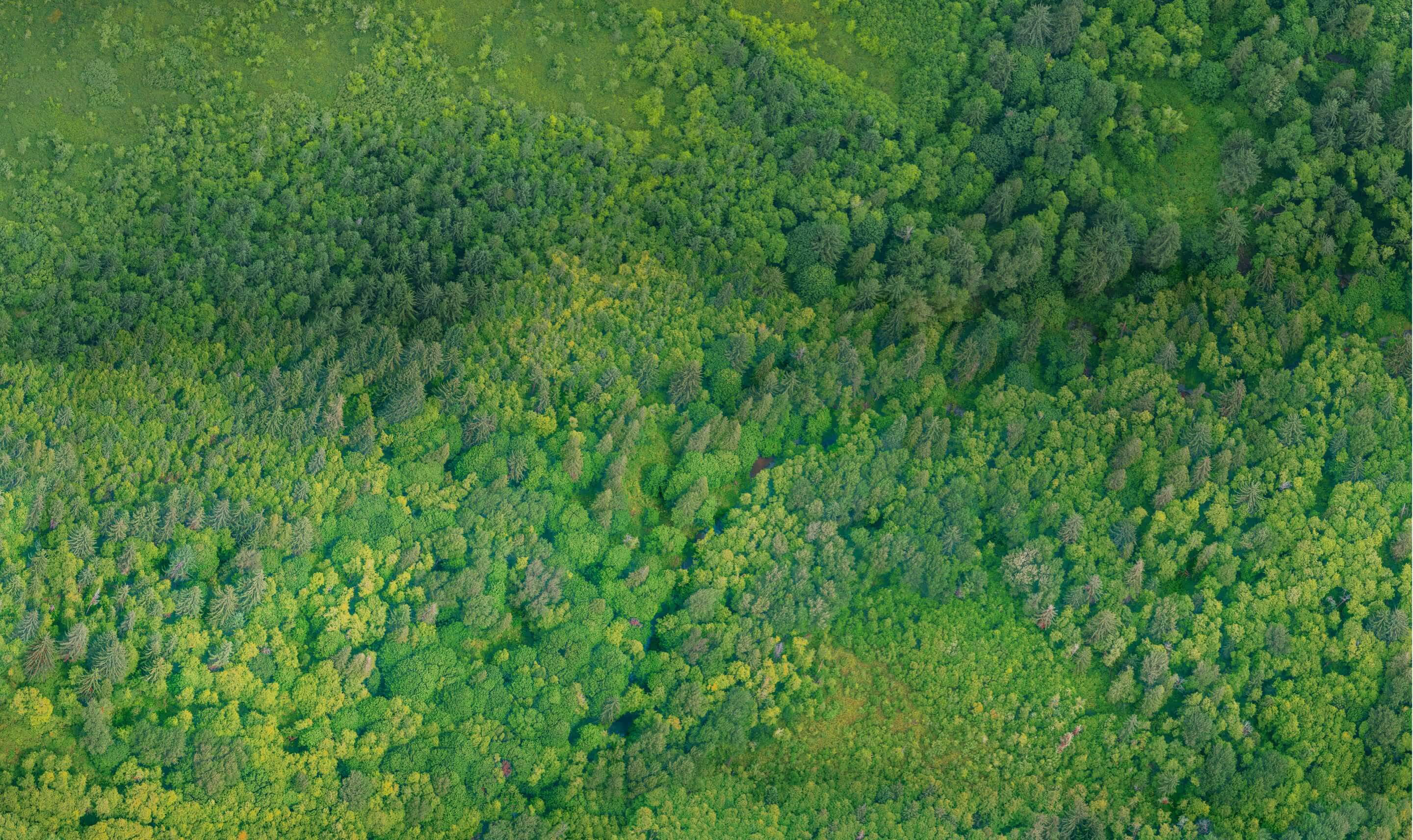The impact of climate change on food security

Climate change is a reality. Its devastating effects on the environment are already visible. They are also affected by agriculture, production and global food security. But there are solutions to deal with it! Together, each at their own level, we can build a more resilient and sustainable future, a future where everyone can eat their fill.
The impact of climate change on agriculture
Agriculture is the cornerstone of food security. Cereals, fruits, vegetables, meats and dairy products, it ensures the production of the foods necessary to feed populations around the world. However, climate change, by altering traditional weather patterns, contributes to reducing yields and destroying crops.
Extreme weather events
Droughts, floods, storms, and heat waves are becoming more common in many countries. These phenomena are disrupting agriculture and reducing crop yields.
Rising temperatures
Crops need the optimum temperature to grow. Rising temperatures can therefore reduce their performance. Maize, wheat and rice are particularly sensitive to this, which can have disastrous consequences for global food production. According to the IPCC, global warming could reduce global production of staple crops such as maize, rice, and wheat by up to 2% each decade by 2100.
Changes in precipitation
Prolonged droughts can reduce the availability of water for irrigation, while floods can damage crops and agricultural infrastructure. Irregular rainfall can also affect water quality, which may involve health risks that may affect the health of populations.

Diseases and pests
Crops may be more vulnerable to diseases and pests due to the stress caused by extreme weather conditions. On the other hand, insects and fungi spread more easily in warmer, more humid conditions. These situations favor the increase in the use of pesticides and other chemicals that are harmful to the environment and food safety.
The displacement of cultivation areas
Climate change is pushing traditional farming areas beyond their usual boundaries. As a result, regions that were once fertile are becoming arid, while new areas that were previously unsuitable for agriculture are becoming potentially viable. The necessary transition to new agricultural territories requires significant investments in infrastructure and technology. Many vulnerable communities don't have the resources to adapt.
The disturbance of marine ecosystems
Climate change is not only threatening agricultural production on land, it is also affecting marine ecosystems. Ocean acidification, rising temperatures, and the loss of coastal habitats are compromising the health of fish and other marine resources. For communities dependent on fishing, this disruption of marine ecosystems threatens their food security and their way of life.
Pressure on livestock
Food and water resources for livestock are being disrupted by global warming. This leads to a decrease in productivity, an increase in animal diseases and an increase in the vulnerability of farmers.

The consequences of climate change on global food security
Land, sea, our vital sources of supply are severely affected by climate change. Shortage is on the rise and global food security is under threat, especially in the countries most vulnerable to its effects. Access to safe and healthy food is becoming more and more complicated there.
Falling yields and rising prices
As crop yields fall, so does the availability of food. In addition, food shortages lead to price increases, making food less accessible to low-income people. According to the United Nations Food and Agriculture Organization (FAO), the number of hungry people in the world has increased in recent years, largely due to the effects of climate change on agriculture.
The decline in food quality
Climate change and its extreme weather events can affect the quality of food. Indeed, floods can cause crop contamination, while droughts can reduce the nutrient content of foods. These changes in food quality can have consequences for human health, especially for children and the elderly. According to the World Health Organization, around 600 million people — nearly one in ten people in the world — fall ill each year after ingesting contaminated food. More than 400,000 people die each year due to foodborne illnesses.
Solutions to contribute to global food security
Reducing greenhouse gas emissions
Reducing greenhouse gas emissions is critical to fighting climate change and ensuring global food security. Governments, businesses, and individuals can all contribute to reducing emissions by adopting more sustainable practices.
Strengthening the resilience of ecosystems
Protecting and restoring natural ecosystems such as forests, wetlands, and soils contribute to mitigating the effects of climate change on agriculture and maintaining the biodiversity necessary for food security.

Adopting sustainable agricultural practices
Sustainable agricultural practices such as organic farming, agroforestry, and conservation agriculture help reduce greenhouse gas emissions. They contribute to improving the resilience of agricultural systems in the face of climate change. They also contribute to improving soil quality, reducing erosion and maintaining biodiversity.
Improving water management
Promoting efficient irrigation practices, wastewater reuse, and water conservation contribute to a more sustainable use of water resources in agriculture.
Supporting developing countries
Developing countries are the most vulnerable to climate change. Their agriculture is dominated by small farmers. However, they are extremely dependent on weather conditions and are poorly equipped to deal with climate disasters. It is essential to help these countries adapt their agricultural sectors. Solutions exist. These include the diversification of crops, the improvement of varieties, agro-ecological practices, the sustainable extension of irrigated areas, etc.
At LIFE, with our program HIS SHOOT, we participate in the empowerment of assisted local populations. “Economic” trees are planted. They participate in the reconstruction of the ecosystem while providing valuable resources to the inhabitants (fruits, sustainable materials, etc.). We also implement Green Initiatives such as support for sustainable aquaculture, responsible market gardening, renewable energies, etc.
In Indonesia, in the West Nusa Tengarra region and more specifically in the village of Genggelang, we plant no less than 20,000 trees. 15000 are fruit trees (Rambutan, Nangka, Durian, avocado, mango, etc.) and 5000 are bamboos. Reforestation will contribute to improving the quality of the environment, but also to increasing community incomes. 100 families will directly benefit from it and 30 people will be trained in the use of bamboo for furniture and crafts.

Investing in research and development
New agricultural technologies such as drought-resistant crops, efficient irrigation systems, and accurate weather forecasts are helping to improve the resilience of agricultural systems in the face of climate change. In addition, the emergence of new protein sources such as edible insects and vegetable proteins is diversifying the food supply and the pressure on limited natural resources. New technologies can also help reduce the use of pesticides and other chemicals that are harmful to the environment. These advances will play a crucial role in the food security of millions of people around the world by strengthening food production capacities and ensuring reliable access to nutritious and affordable food.
Towards a more sustainable diet
Based on local, seasonal and minimally processed foods, choosing a diet contributes to reducing greenhouse gas emissions and improving global food security. Consuming sustainable food can also have benefits for human and animal health, as well as for the environment.
Climate change is a major challenge to global food security, with devastating consequences for the most vulnerable communities. However, by working together, individuals, businesses, governments, we can overcome these challenges and build a sustainable food future for all. It is time to act decisively to mitigate the effects of climate change and ensure food security for future generations. Let's join forces for a greener and fairer future.



.avif)





